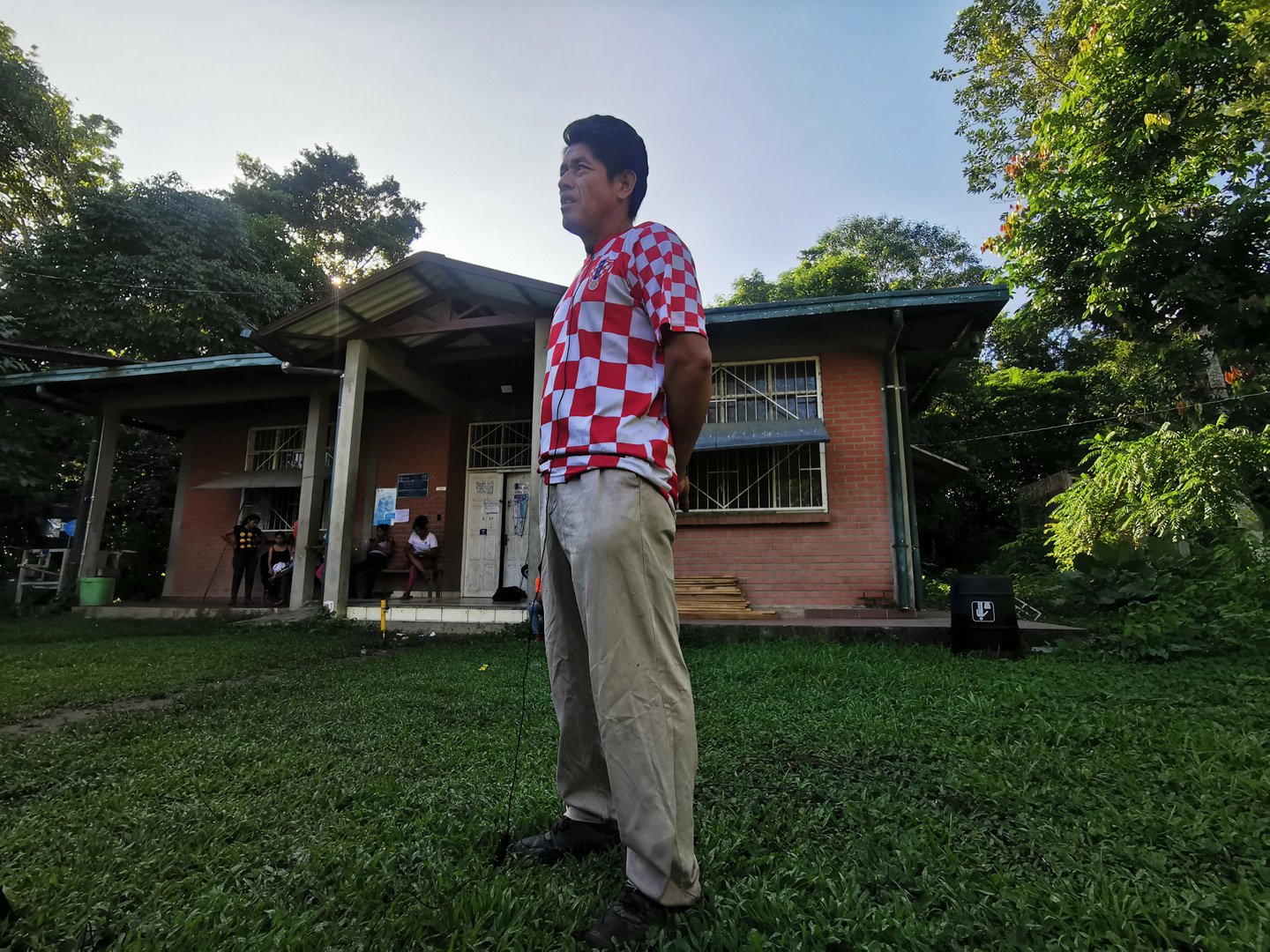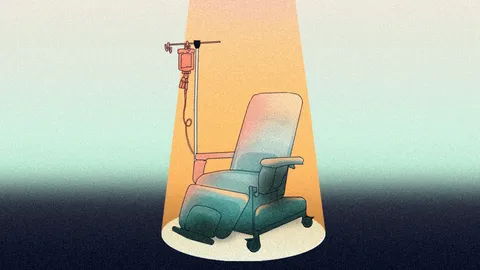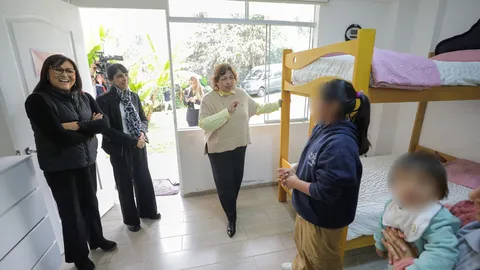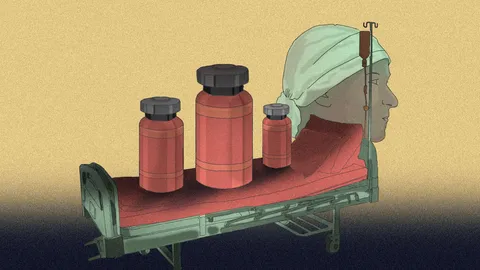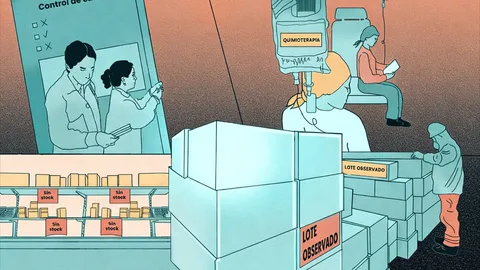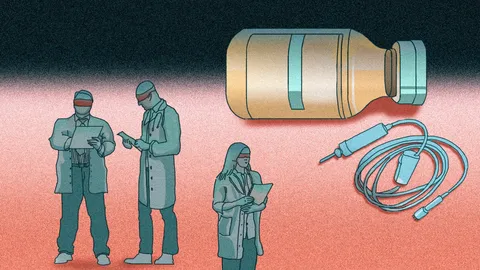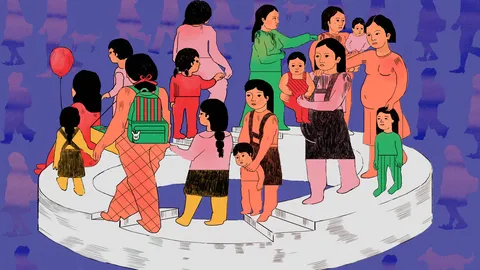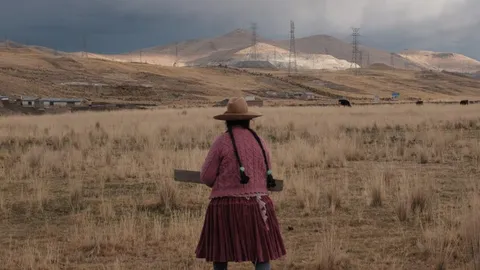On the morning of June 4, in the community of Bia Recuaté, the territory of the last Indigenous warrior people contacted in the Bolivian Amazon, celebrated news that renewed their hopes. First, a Yuqui woman gave birth to her baby through a natural delivery performed in safe conditions at the Mariposas Health Center. Like many other members of her tribe who have seen hundreds of their people die of chronic diseases in the last decade, this young woman attended all her medical appointments. Then, when the time came, she traveled to a medical center in the municipality of Trópico de Cochabamba to give birth. Some women travel hundreds of kilometers to check themselves into a hospital to avoid complications that would take their babies away.
The Yuqui people are one of the smallest Indigenous tribes in Bolivia, with approximately 400 members grouped in 50 families (35 of these families live in Bia Recuaté, and 15 are nomads). In 2013, the government declared them a highly vulnerable tribe in danger of extinction. Since they were first contacted, the Yuqui tribe has been under much pressure. First, the process of evangelization that started in the 1960s changed their way of life as hunters and gatherers. Later came the threats over their territory from illegal loggers and diseases such as anemia, tuberculosis, and lung mycosis, which contributed to the decimation of its population. Several of these evils resulted from adverse settlement conditions: inadequate access to safe drinking water, no basic sanitation, and insufficient food. Before their first contact with the outside world, the Yuqui population had around 2000 people, living in small, itinerant family groups.
"People tell us ‘the Yuqui are just a few; the Yuqui have all died, and although we are a small tribe, we are not afraid of anything. So whatever we do, we always make headway because even though our grandparents were few, they weren't afraid,’" says Lucia Isategua, the town's current chief.
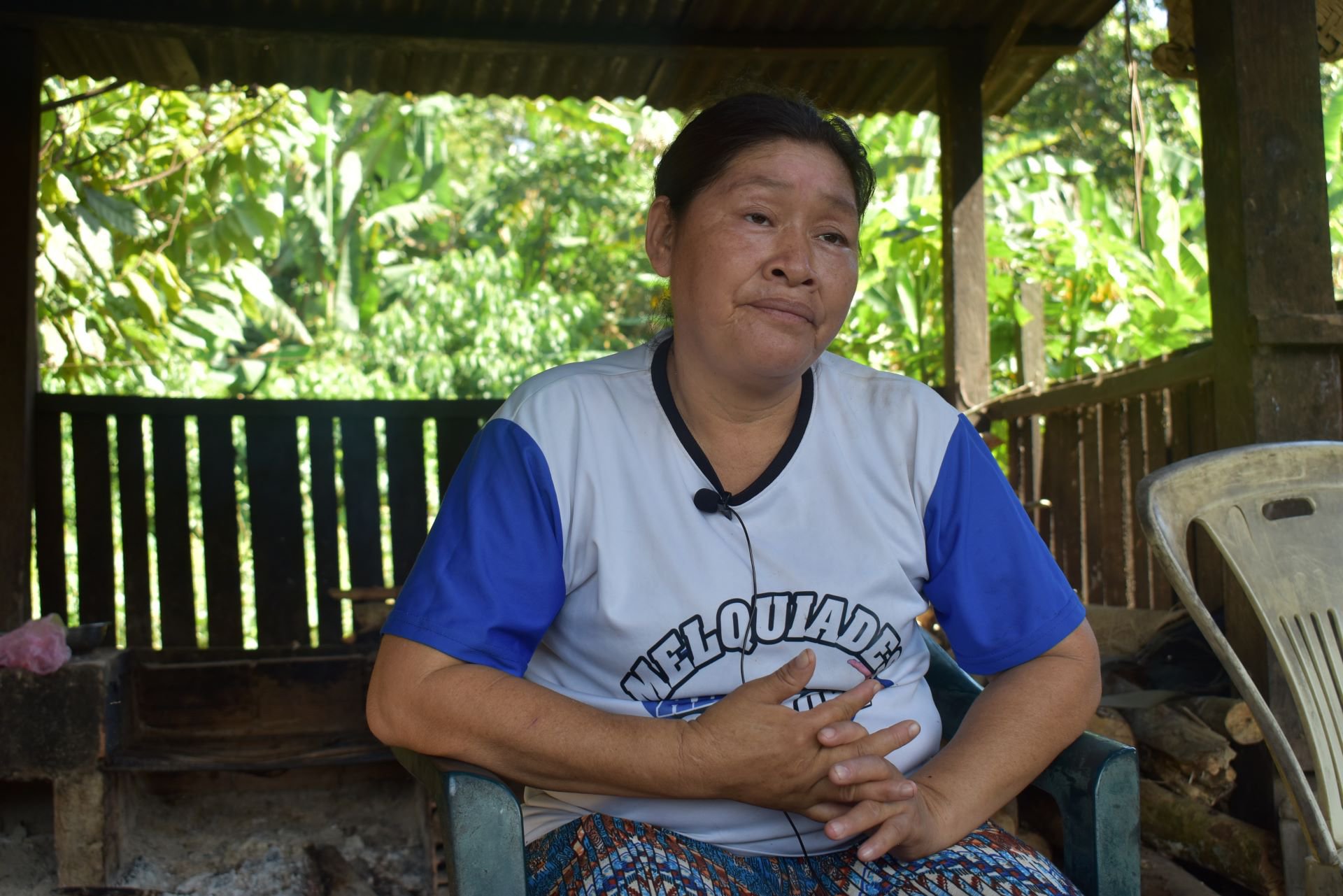
For the Yuqui people, the emergence of COVID-19 in their territory in March 2020 brought many health complications. Nearly all of the members of the tribe were infected with the new coronavirus, including three health workers at Bia Recuaté. However, anthropologist Ely Linares, the technical consultant at the Yuqui Indigenous Council, said in a March report that most of those who fell ill recovered from the disease. The only fatality was an older adult from the community of Bia Recuaté who died of complications with other ailments.
More than two years later, a team of journalists from Opinión has traveled here to report on the tireless struggle of this Amazonian tribe to avoid their extinction.
Disease and Death
For a Yuqui community member, there is no worse news than a tuberculosis diagnosis, even if health workers say it is better to be told sooner rather than later and start the treatment immediately. Forty percent of the Yuqui population has contracted tuberculosis. According to data from the Bia Recuaté Health Center, the most deaths per year occur after complications of tuberculosis such as respiratory failure, fibrosis, and severe anemia.
It took some time for health workers to help the Yuqui people understand that tuberculosis is an infectious disease spread by bacteria (Koch’s bacillus) through saliva drops when someone coughs, sneezes, speaks or sings. Likewise, it took them years for families to comprehend that the best thing they could do for their sick relatives was to get them to the doctor early on and make sure they took medication.
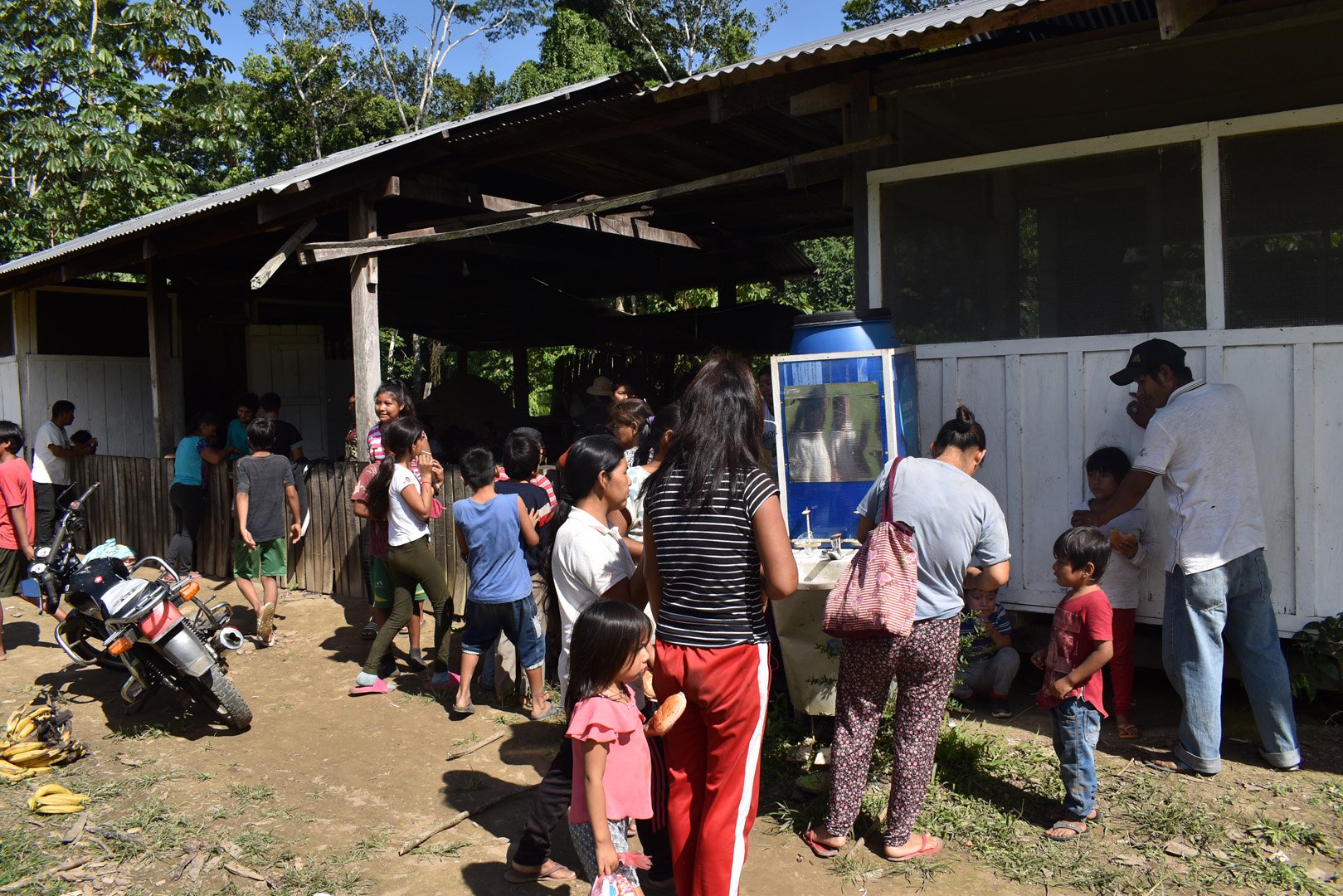
"If I hadn't agreed to go to the hospital, I would have died because I was bleeding from my mouth," says Ricardo Isategua. Unfortunately, that was not the first time his family had come face-to-face with the disease. A few years ago, his wife Lucia, the current chief, had to be admitted to the Viedma Hospital in Cochabamba with severe tuberculosis symptoms.
Currently, some thirteen members of the tribe are taking medication to treat tuberculosis. “In recent years, the Yuqui people have been adapting to conventional medicine to control tuberculosis,” explains David Ramiro, Acting Director of the San Juan de Dios Hospital in Chimoré.
However, this disease has left several children orphaned. For this reason, the Yuqui Indigenous Council created the Yiti Jitu Kia Children’s Center, which houses 35 children who lost their families to tuberculosis.
The Fear of Being Alone
One of the tremendous sacrifices several Yuqui families have made to keep safe from COVID-19 has been to comply with the quarantine regulations and avoid contact with their sick relatives. The word eyebe, which means being alone in their language, represents one of the most feared situations for a Yuqui community member. However, the pandemic forced them to remain isolated to protect themselves individually and collectively.
As with many other Amazonian Indigenous people, the isolation brought by COVID-19 also generated a severe food crisis among the Yuqui people. As a result, during the first year of the pandemic, many families left their community for the city of Cochabamba and started begging in the streets.
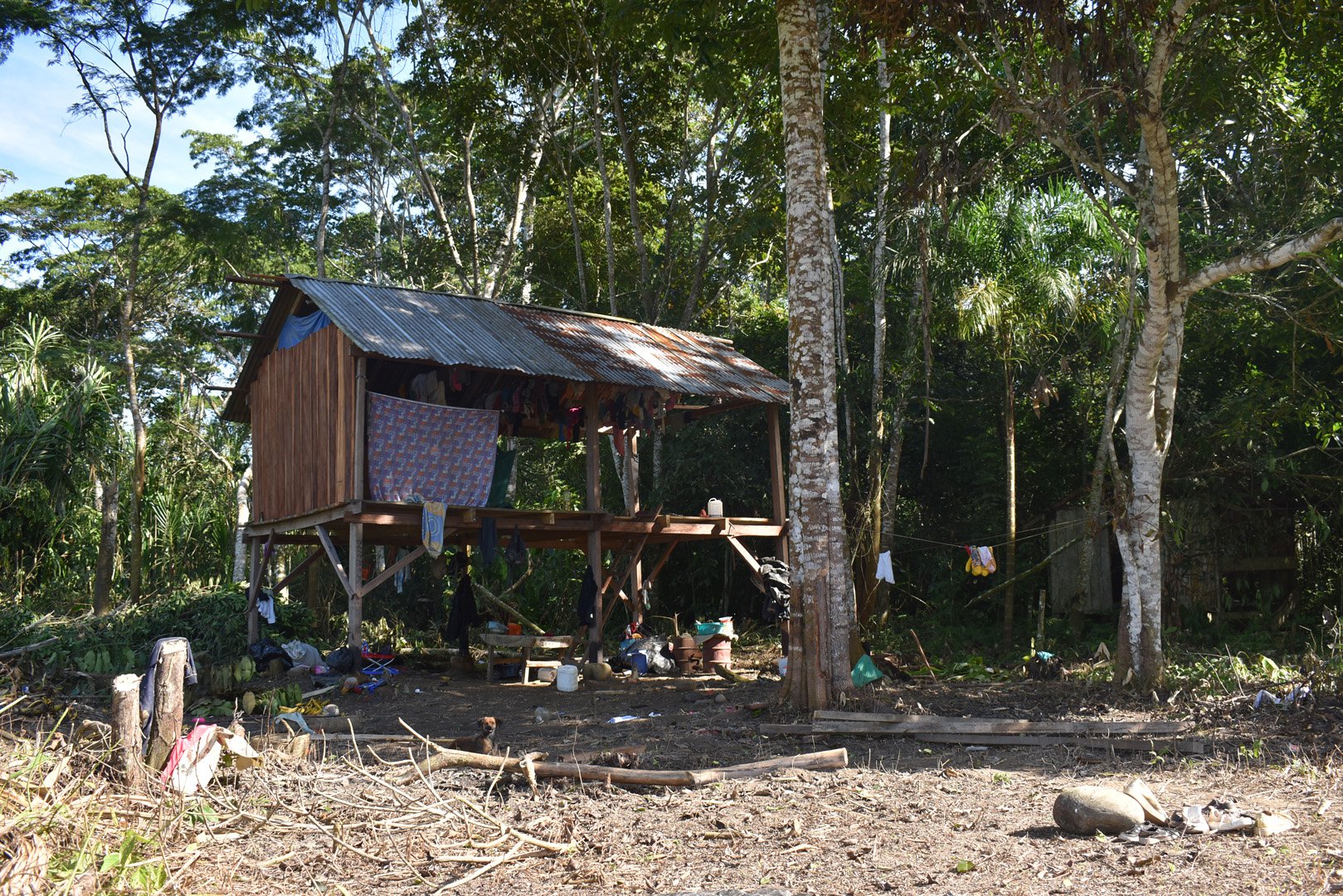
The Yuqui people overcame their initial doubts about COVID-19 vaccines for fear of their tribe’s disappearance; many of its members lined up at the Mariposas Health Center to get vaccinated. "We lined up to get the first dose of the vaccine because they said that if we didn't, we would die of COVID. What scared us the most was that my dad was vaccinated, and he almost died that night. Some people didn't want to get the vaccine," says Lucia Isategua.
Currently, in the Yuqui territory, the vaccination rate exceeds 70 percent.
The Safe Water Project
The Yuqui people walk about thirty minutes to the Chimoré River to collect water to drink and to use for cooking and washing kitchen utensils and their clothes. Having access to clean water is an old claim by the community. The Governor of Cochabamba, Humberto Sánchez, has been aware of these claims. Still, he has directed them through the bureaucratic channels, arguing that the Mayor’s Office in Puerto Villarroel must present these to the local legislative assembly and the Chamber of Deputies for discussion.
Chief Lucia Isategua questions the fact that politicians so easily forget their speeches promising solidarity with their people. "I know this water is filthy, full of garbage and everything else (...) unfortunately, governments don't care about us because we don't speak Spanish very well. So we never get any of the help meant for us," says Isategua.
The community´s doctor, Gróber Laime, says that consuming contaminated water will only perpetuate those diseases that the Yuqui people have suffered since childhood. "Every day, we see two or three patients with amebiasis for drinking contaminated water," he says.
Translated by: Mariusa Reyes. / Edited by: Julia Knoerr
Nicole Vargas, Mariela Cossío, Melissa Revollo, Brenda Molina, and Santiago Espinoza contributed to this report.
This report is part of Historias Saludables, a training and support program for producing news stories about health and the environment, led by Salud con Lupa with the support of Internews.
